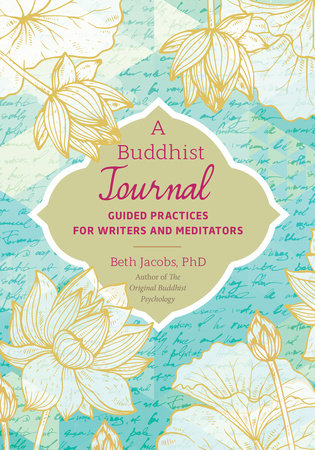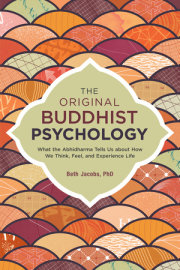Thai Titles for White Lotus Fans
Season 3 of The White Lotus may have just ended–with a finale fans are still buzzing about–but the popular HBO show about luxury wellness retreats gone wrong is notorious for impacting travel and wellness trends long after the credits roll. As reported by the BBC, previous seasons of The White Lotus, set in Maui and








